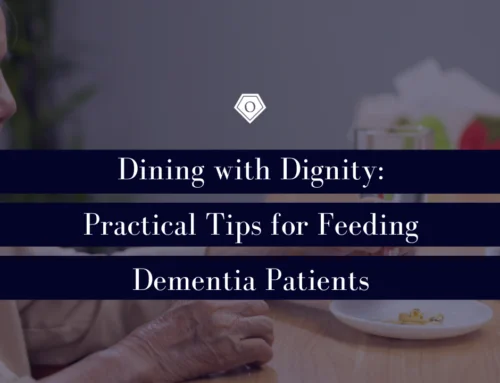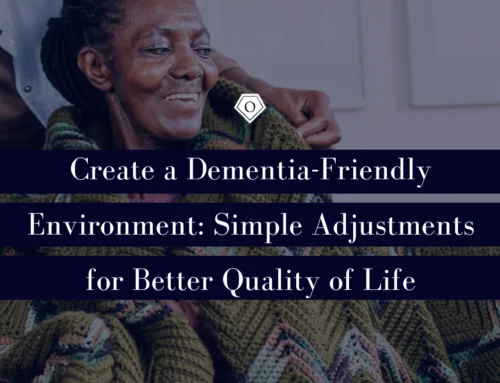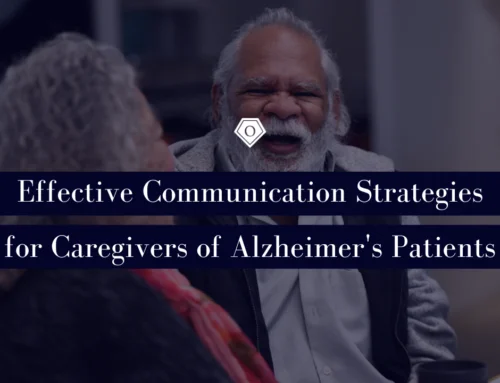Anticipatory grief occurs often while caregiving.
Many caregivers think they are experiencing depression when they are simply going through a natural grieving process during long-term care. Anticipatory grief begins before the person has died. When someone has a disease, injury or condition like Alzheimer’s that changes them permanently grief often sinks in because the person you knew will be “gone” long before they pass away.
Caregivers often experience anxiety, dread, and sadness as part of anticipatory grief. Any emotions associated with grief or loss are completely normal for caregivers of long-term care patients.
Signs of anticipatory grief:
- Sadness/Tearfulness
- Anger
- Loneliness
- Anxiety and Depression
- Guilt
- Desire to Talk
- Fear
- Fatigue
- Emotional Numbness
- Poor Concentration/Forgetfulness
There are important distinctions between grief and anticipatory grief. Many caregivers experience an increasing concern for their loved-one dying, imagining or visualizing what the person’s death will be like, and getting ready for what life will be like after a loved one is gone. However, there is no single experience of grief. You experience many of the symptoms above or just a few.
Tools for dealing with feelings of grief:
- Express Your Pain
- Take Care of Physical and Emotional Health
- Spend Time Together, Now
- Enlist Caregiver Support
- Practice Love, Forgiveness, & Letting Go
Do not be afraid of pain or grief, they are natural emotions. Acknowledgment of your feelings is the first step toward healing. There is a wide range of resources and strategies for coping with feelings of grief.
A self-care regiment is important for dealing with anticipatory grief, but at times it is not enough. Do not hesitate to contact a grief counselor or mental health professional if your self-care routine is not working. You may also need to consider home care for your love-one. Home care offers caregivers the support they need to achieve balance and peace of mind.
The positive side of anticipatory grief is that it will help you and your family prepare for what will occur after death. It presents caregivers with the opportunity to cherish the time they have with their love-ones.






